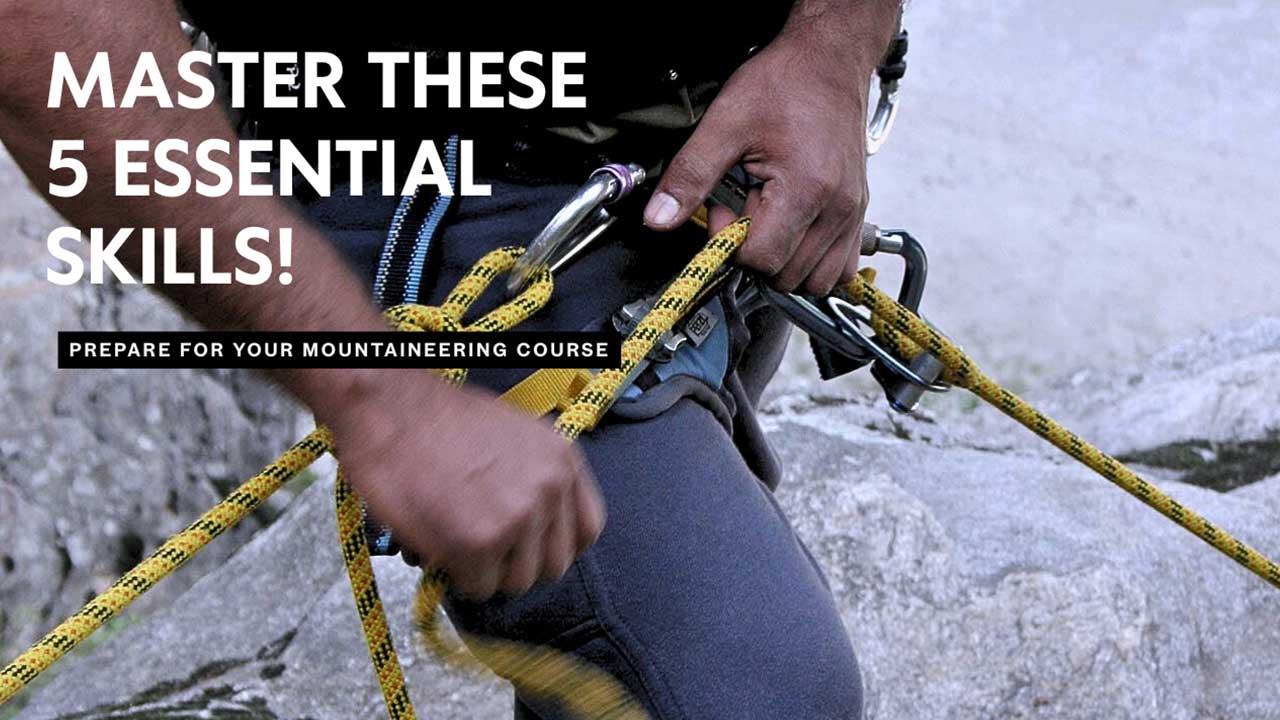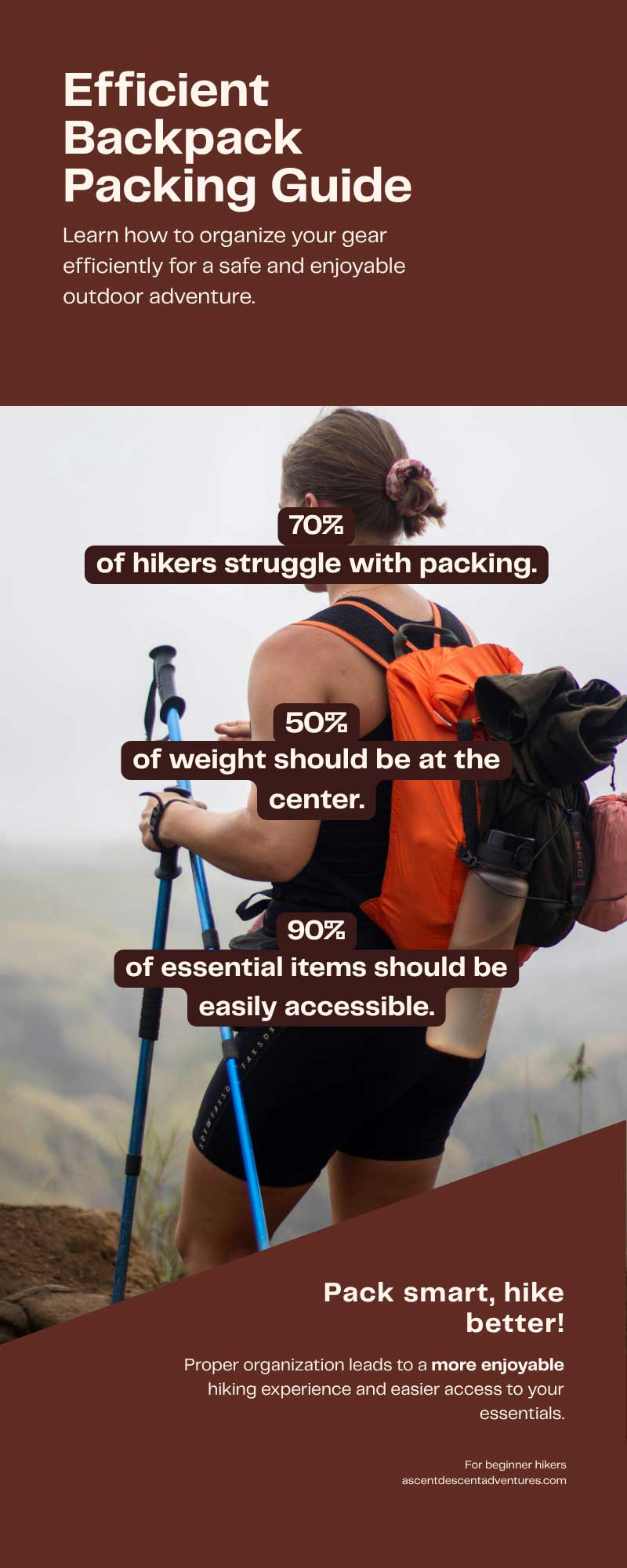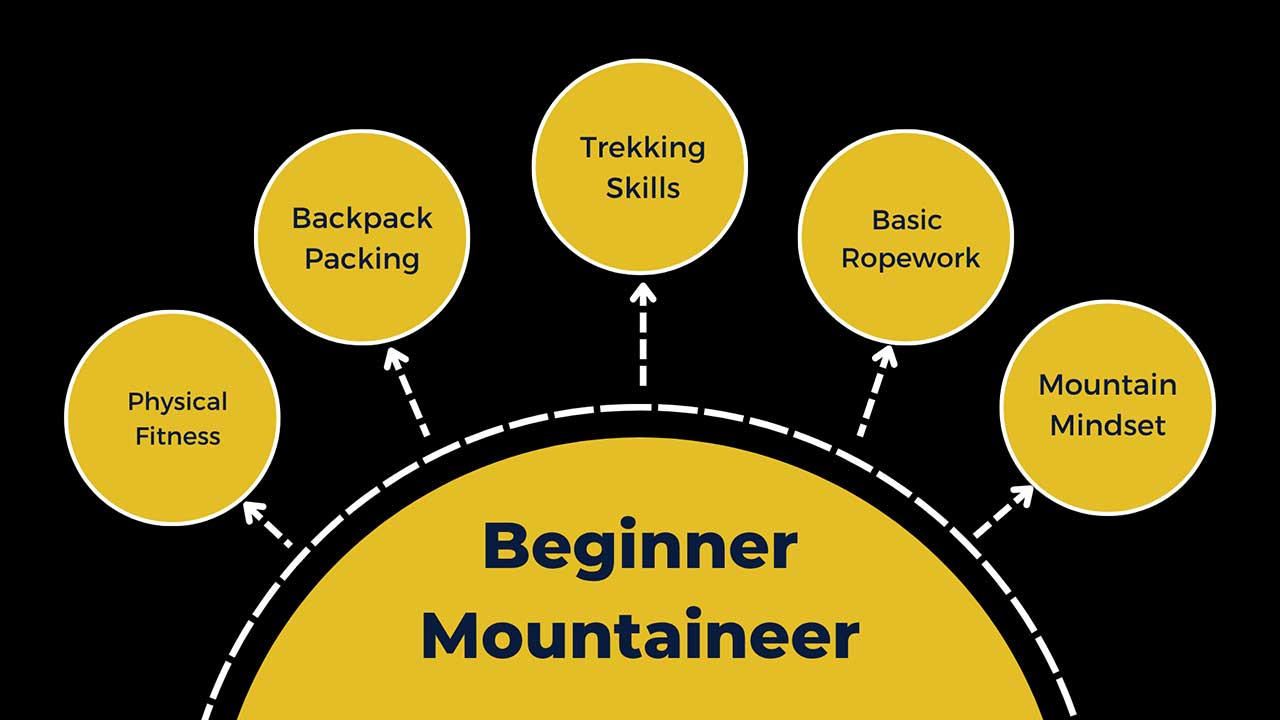5 Skills to Master Before Joining a Mountaineering Course
Blogs
Introduction
Mountaineering is a rewarding but demanding pursuit—both physically and mentally. For those aspiring to scale peaks in the Indian Himalayas or beyond, a Basic Mountaineering Course (BMC) is often the first step. However, showing up to your course without any preparation can leave you overwhelmed, behind the curve, or even prone to injury.
While these courses are designed for beginners, having some fundamental skills in place gives you a massive advantage. It allows you to focus on advanced learning rather than struggling with the basics.
In this article, we explore 5 important skills to master before joining a mountaineering course—so you arrive confident, capable, and ready to absorb everything the mountains have to teach you.
1. Basic Physical Fitness & Endurance
Why It Matters:
Mountaineering courses involve long physical sessions, including multi-hour hikes, technical climbs, and load-carrying at altitude. Without a base level of fitness, you’ll struggle to keep up, compromising both your safety and learning.
What You Should Be Able to Do:
- Trek uphill for 4–6 hours with a 10–15 kg backpack
- Perform 30+ squats, 15–20 push-ups, and hold a 1-minute plank
- Climb 50–100 floors of stairs in one session
How to Prepare:
- Do regular cardio (jogging, cycling, hiking) 3–5 times a week
- Incorporate strength training for legs and core
- Practice walking with a loaded backpack on uneven terrain
Pro Tip: If you can comfortably complete a 12–15 km hike with moderate elevation gain, you’re ready for the physical demands of a mountaineering course.
2. Efficient Backpack Packing & Load Management
Why It Matters:
During your course, you’ll be expected to carry your own gear, which often includes clothing, crampons, food, and group equipment. Packing smartly reduces strain and increases efficiency on the trail.

What You Should Know:
- The difference between essential and non-essential gear
- How to pack for weight balance and accessibility
- Techniques to adjust your backpack for shoulder and back comfort
How to Prepare:
- Practice backpacking and carrying a 15–20 kg backpack on day hikes
- Use dry bags or compartments to organize your gear
- Learn about layering systems to minimize clothing bulk
Pro Tip: Try packing for a 5-day trek using only a 50L backpack. This builds discipline and teaches smart packing habits.
3. Fundamental Trekking Skills & Trail Etiquette
Why It Matters:
While your instructors will guide you, having basic trekking knowledge makes you more self-reliant and less dependent on hand-holding. It also helps you integrate into the team.
Skills to Master:
- Uphill and downhill walking techniques on snow, scree, and rock
- Pacing and breath control at altitude
- Understanding Leave No Trace principles
- Proper use of trekking poles and gaiters
How to Prepare:
- Go on local treks or day hikes that involve mixed terrain
- Watch tutorial videos or join a guided trek with feedback
- Learn the basics of first aid and hydration on trails
Pro Tip: Know how to adjust your pace according to terrain and elevation. Slow and steady always wins in the mountains.
4. Basic Ropework & Knots
Why It Matters:
Rope skills are at the core of technical mountaineering. Even basic courses include rappelling, belaying, and ascending. If you’re unfamiliar with ropes, you’ll waste valuable time learning what could’ve been practiced beforehand.
Must-Know Knots:
- Figure 8 (on a bight and follow-through)
- Clove Hitch
- Bowline
- Double Fisherman’s Knot
- Munter Hitch
How to Prepare:
- Practice tying and untying knots blindfolded or with gloves
- Watch tutorials or attend a weekend rock climbing workshop
- Learn how ropes are coiled, anchored, and stored
Pro Tip: Understanding the application of each knot is as important as tying it. Know where and when each knot is used.
5. Mountain Mindset & Mental Preparedness
Why It Matters:
Physical training is vital—but so is your mental approach. Mountaineering courses are intense. You’ll face cold conditions, fatigue, discomfort, and strict routines. The right mindset helps you push through.
Skills to Build:
- Discipline and routine under physical and emotional stress
- Tolerance for discomfort (cold, wet, early mornings)
- Team spirit and being a responsible rope member
- Confidence to ask questions or voice discomfort early
How to Prepare:
- Take part in overnight or multi-day treks to simulate expedition life
- Practice waking up early, sleeping in tents, and operating in cold
- Read mountaineering memoirs or watch documentaries for inspiration
Pro Tip: Mental strength is built by exposing yourself to controlled discomfort—cold showers, early hikes, or going tech-free on a trip are all helpful.

Conclusion
Joining a mountaineering course is a bold and exciting step. While it’s designed for beginners, coming in with the right foundational skills will make your experience smoother, safer, and far more enriching. By mastering these five areas—fitness, backpacking, trekking basics, ropework, and mental resilience—you position yourself to absorb more, enjoy more, and achieve more in the mountains.
Ready to Begin Your Mountain Journey?
At Ascent Descent Adventures, we offer pre-course training, basic mountaineering programs, and custom preparation plans designed for aspiring climbers. Join us in the Indian Himalayas for expert-led skills training and unforgettable alpine experiences.
Recommended Read for Preparation & Training:
- 5 Warm-Up Treks to Prepare You for a Major Climb
- 5 Things Every Beginner Mountaineer Should Do Before Their First Climb
- 5 Training Routines to Prepare You for Your First Himalayan Expedition
- 5 Fitness Benchmarks to Know You’re Ready for Mountaineering